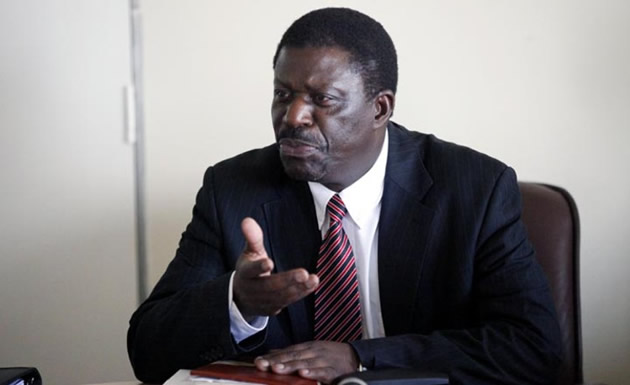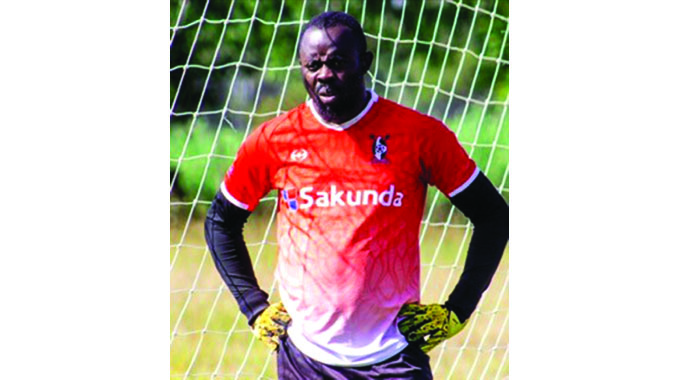Sharapova doping shocker


SHAMED . . . Maria Sharapova speaks to the media announcing a failed drug on Monday at The LA Hotel Downtown. — Reuters
LOS ANGELES. — Russian tennis star Maria Sharapova said on Monday she had failed a drug test at the Australian Open due to a substance she was taking for health issues, leading longtime sponsor Nike to announce it was suspending ties during the investigation.
The 28-year-old Sharapova, a five-time Grand Slam champion and the highest paid woman in sports, will be provisionally suspended starting March 12, the International Tennis Federation said.
She is the seventh athlete in a month to test positive for meldonium, which is used to treat diabetes and low magnesium and was only banned by the World Anti-Doping Agency as of January 1.
Sharapova said she isn’t sure what punishment she’ll face for her “huge mistake.”
The former world number one from Russia said a change in the World Anti-Doping Agency’s banned list for 2016 led to an inadvertent violation, for which she will be “provisionally suspended” by the International Tennis Federation.
In a sign of what the affair could mean to Sharapova’s mass of money-spinning endorsements, US sportswear maker Nike said it was “saddened and surprised” by the news.
“We have decided to suspend our relationship with Maria while the investigation continues.”
Swiss watchmaker TAG Heuer also said yesterday it would not renew its marketing contract with Sharapova.
“Maria Sharapova was under contract with TAG Heuer until December 31, 2015. We had been in talks to extend our collaboration,” a company statement said.
“In view of the current situation, the Swiss watch brand has suspended negotiations and has decided not to renew the contract with Ms Sharapova.”
Luxury carmaker Porsche, a division of Volkswagen, followed suit and said it would suspend Sharapova as its brand ambassador in light of her admission that she failed a doping test.
“We regret the current news about Maria Sharapova. Until further details emerge and we are able to analyse the situation, we have decided to suspend planned activities,” Porsche said in a statement.
Sharapova tested positive for Meldonium, a drug she said she had been taking since 2006, but was only added to the banned list this year.
“I did fail the test and I take full responsibility for it,” Sharapova said at a press conference at a downtown Los Angeles hotel.
“I made a huge mistake. I let my fans down. I let my sport down that I’ve been playing since the age of four that I love so deeply,” added Sharapova, her voice wavering.
“I know that with this, I face consequences and I don’t want to end my career this way — and I really hope I will be given another chance to play this game.”
The ITF confirmed in a statement that Sharapova had tested positive on January 26 and had accepted the finding when she was notified on March 2.
“Ms Sharapova will be provisionally suspended with effect from March 12, pending determination of the case,” the ITF said.
Sharapova said she was co-operating with the ITF and did not yet know the extent of the sanctions she would face. Her attorney, John Haggerty, said the positive test could carry a ban of up to four years, but that mitigating circumstances could see a lesser penalty.
Shamil Tarpishchev, head of the Russian tennis federation, told the TASS news agency he believed Sharapova would still have a chance to play at the Rio Olympics in August.
Sharapova burst onto the international scene as she giggled and grunted her way to the Wimbledon crown in 2004. She won the US Open in 2006, the Australian Open in 2008 and the French Open in 2012 and 2014.
Her ferocity on the court, business acumen and glamorous looks have all combined to make her a marketing juggernaut and the overseer of such successful ventures as her Sugarpova line of candy.
She has 35 WTA singles titles, more than $36 million in career earnings and is currently ranked seventh in the world.
“I am very saddened to hear this news about Maria,” WTA chief executive Steve Simon said in a statement.
“Maria is a leader and I have always known her to be a woman of great integrity. Nevertheless, as Maria acknowledged, it is every player’s responsibility to know what they put in their body and to know if it is permissible.”
Australian tennis officials also said they were surprised to learn that Sharapova tested positive in Melbourne.
“Throughout her career Maria has always impressed with her professionalism as a leader and role-model in our sport,” Tennis Australia said in a statement, noting she had said she was prepared to “face the consequences” of the result.
Sharapova said she originally began taking Meldonium for a variety of symptoms, including a tendency to become ill often, an irregular EKG heart test and a family history of diabetes.
Meldonium is used to treat heart trouble, including angina and heart failure.
In adding it to the banned list, the World Anti-Doping Agency said there was evidence it has been used by athletes with the intention of enhancing performance.
A string of sports figures have tested positive for it this year, including Russian ice dancer Ekaterina Bobrova, Ukrainian biathletes Artem Tyshchenko and Olga Abramova and Ethiopian-born Swede Abebe Aregawi, the 2013 women’s 1 500m world champion.
According to Forbes, she earned $29,5 million in 2015, mostly from endorsements.
Sharapova said her family doctor had been giving her mildronate, which is also called meldonium, for 10 years after she frequently became sick, had irregular EKG results, a magnesium deficiency and a family history of diabetes.
Sharapova is the most prominent tennis player to test positive for a banned substance in recent years.
Croatia’s Marin Cilic was banned for nine months in 2013 after testing positive for a prohibited stimulant, though the suspension was cut to four months on appeal.
Former world number one Martina Hingis retired after receiving a two-year suspension for a positive cocaine test in 2007, though the Swiss denied taking the drug.
Last year, the sport banned US player Wayne Odesnik for 15 years after his second doping violation, testing positive for steroids and other banned substances. — AFP.








Comments